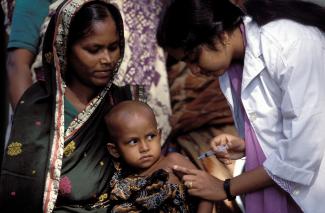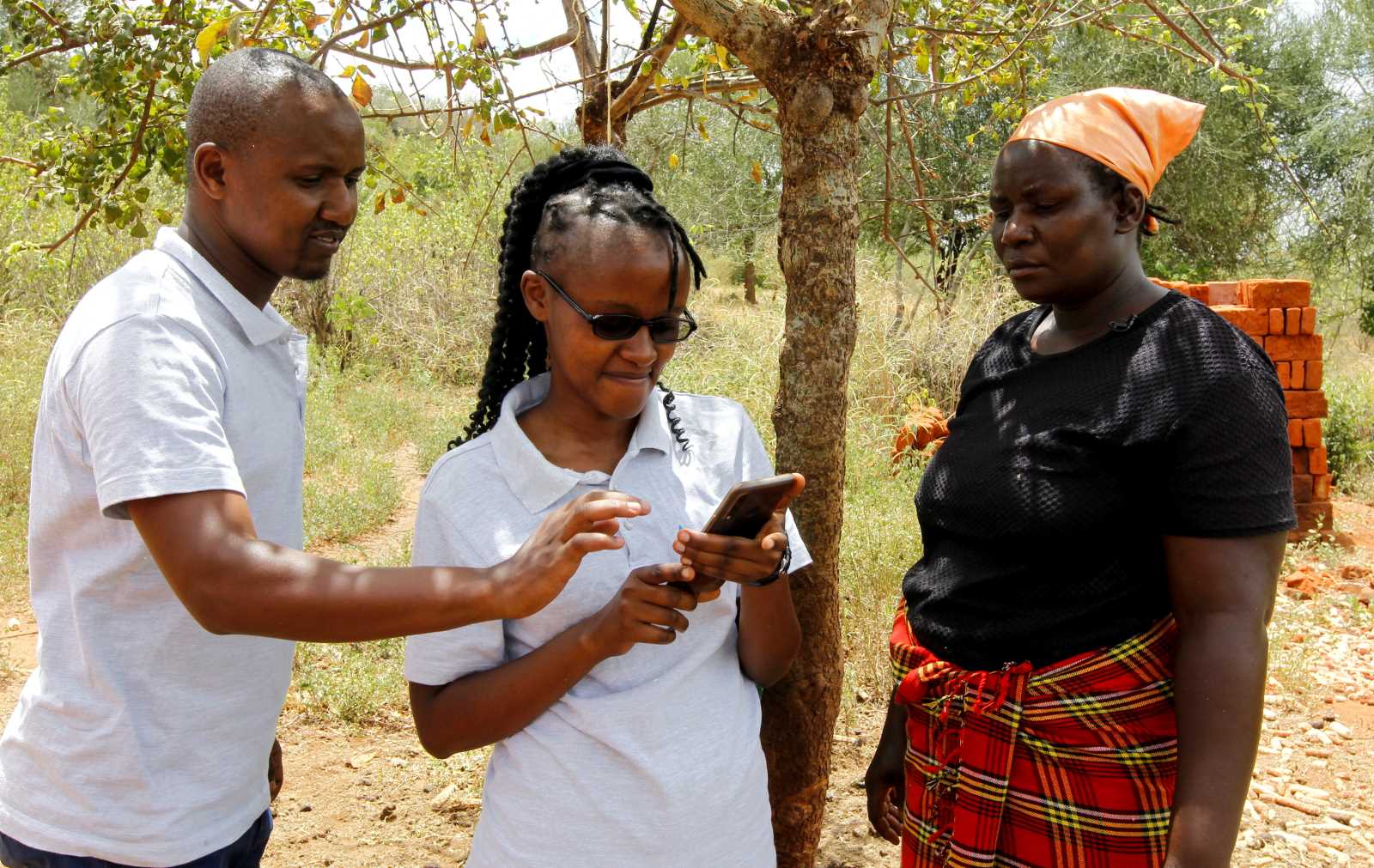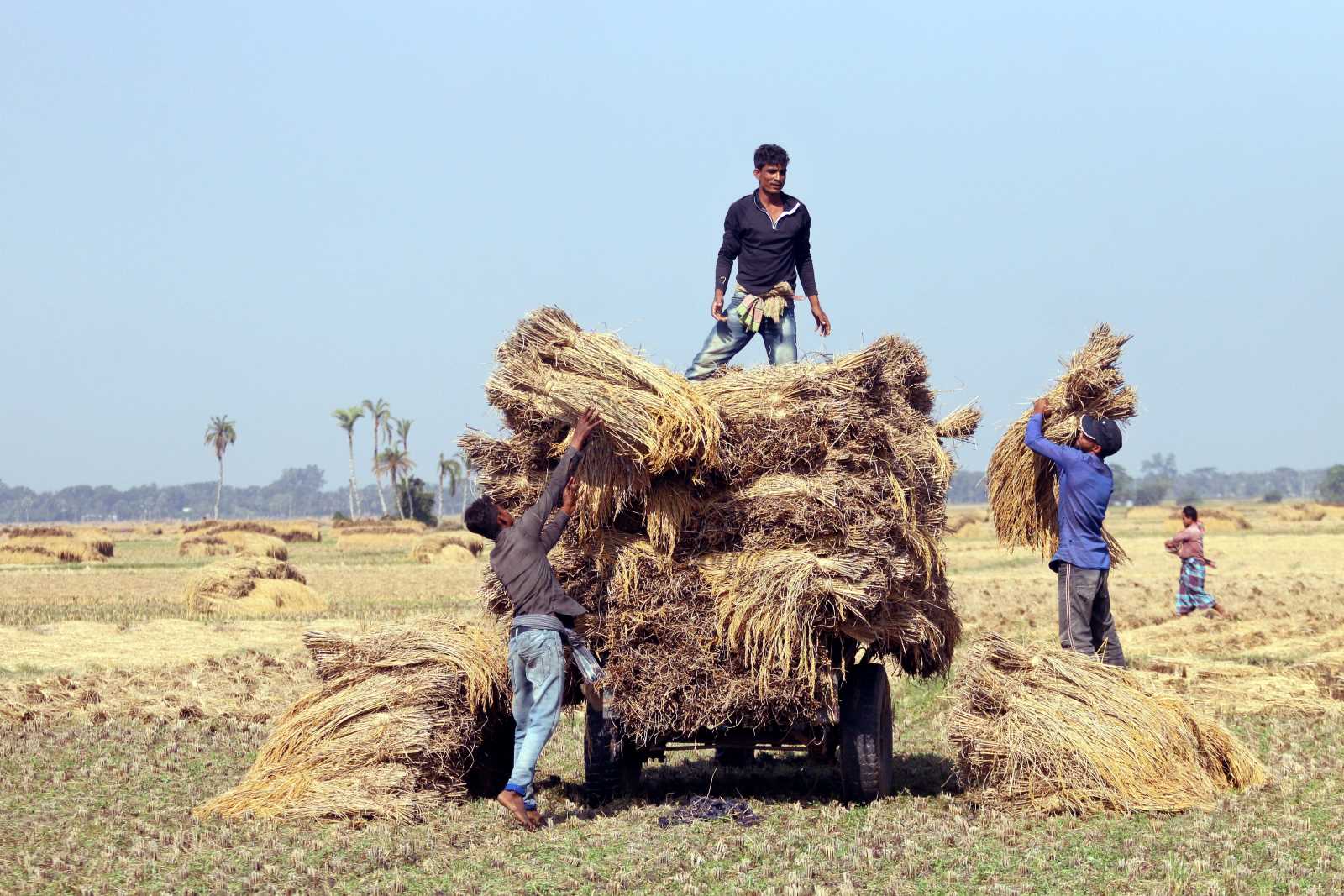World Development Report 2014
Grasping opportunities

The World Bank wants its annual World Development Report (WDR) to enable all interested parties to learn from national and international experience. Its most recent volume deals with risk management. The idea is to save lives, avoid economic damage and create opportunities. Due to a lack of resources and information, the World Bank argues, many societies do not achieve these things to the extent needed. All too often, economies operate in a suboptimal way, and there is a dearth of public goods.
Information and knowledge are essential because they are the basis for decisions. New technologies can help people protect themselves from risks. For example, vaccinations can drastically reduce the likelihood of becoming ill. Early warning systems can make people aware of impending earthquakes or storm surges. Insurance schemes help to control the economic impact of fires, accidents and diseases.
In many developing countries, however, insurance companies hardly operate. To prepare for hard times, many people therefore rely on saving schemes that are expensive and ineffective, as the WDR authors argue. For example, they buy jewellery they can sell in emergencies.
For several reasons, developing countries are difficult markets for the insurance industry. Poor people tend to shy from spending money on something they are not sure they will need. Moreover, reliable statistics tend to be rare in developing countries, so insurance companies cannot calculate risks accurately. As a consequence, they charge prices that are too high. In such settings, the financial industry cannot fulfil its role in risk management properly, the World Bank experts state.
Some risks exceed the coping capacities of individuals. In such cases, the World Bank recommends some form of collective risk management. Severe shocks – such as the death of a breadwinner – overburden a household. A single drought can devastate the farms of an entire region. The WDR is in favour of governments providing basic social protection for their people. Moreover, state agencies can offer shelter to individual persons who are at risk, for instance, children and women that are exposed to domestic violence. To some extent, however, civil-society activism can compensate for dysfunctional governments or weak state capacities, according to the World Bank. If members of a community have a strong sense of cohesion, for example, they will make sure a sick person gets to the hospital in time.
Private-sector companies often pay life insurances or health insurances for their staff. In many developing countries, however, formal employment is the exception, and most people work in the informal sector without protection.
The WDR proposes five principles for governmental risk-management policies:
- Avoid unnecessary risks: governments should minimise risks, for example by protecting people in danger and by establishing a simple, but effective state agencies.
- Give incentives for individuals and institutions to manage risks themselves: well-designed safety nets serve this purpose.
- Design institutions and interventions for the long run: universal health-insurance coverage or investing in school education are examples.
- Allow for some flexibility: the Danish model of „flexicurity“ means that it is easy for private-sector managers to fire people, but that governmental job offices and training schemes allow the people affected to find new opportunities. This approach ensures the economy stays dynamic.
- Protect the most vulnerable and encourage their sense of responsibility: disadvantaged families may need governmental or even internationally funded support for sustainable development to be possible.
Barbara Mayrhofer













